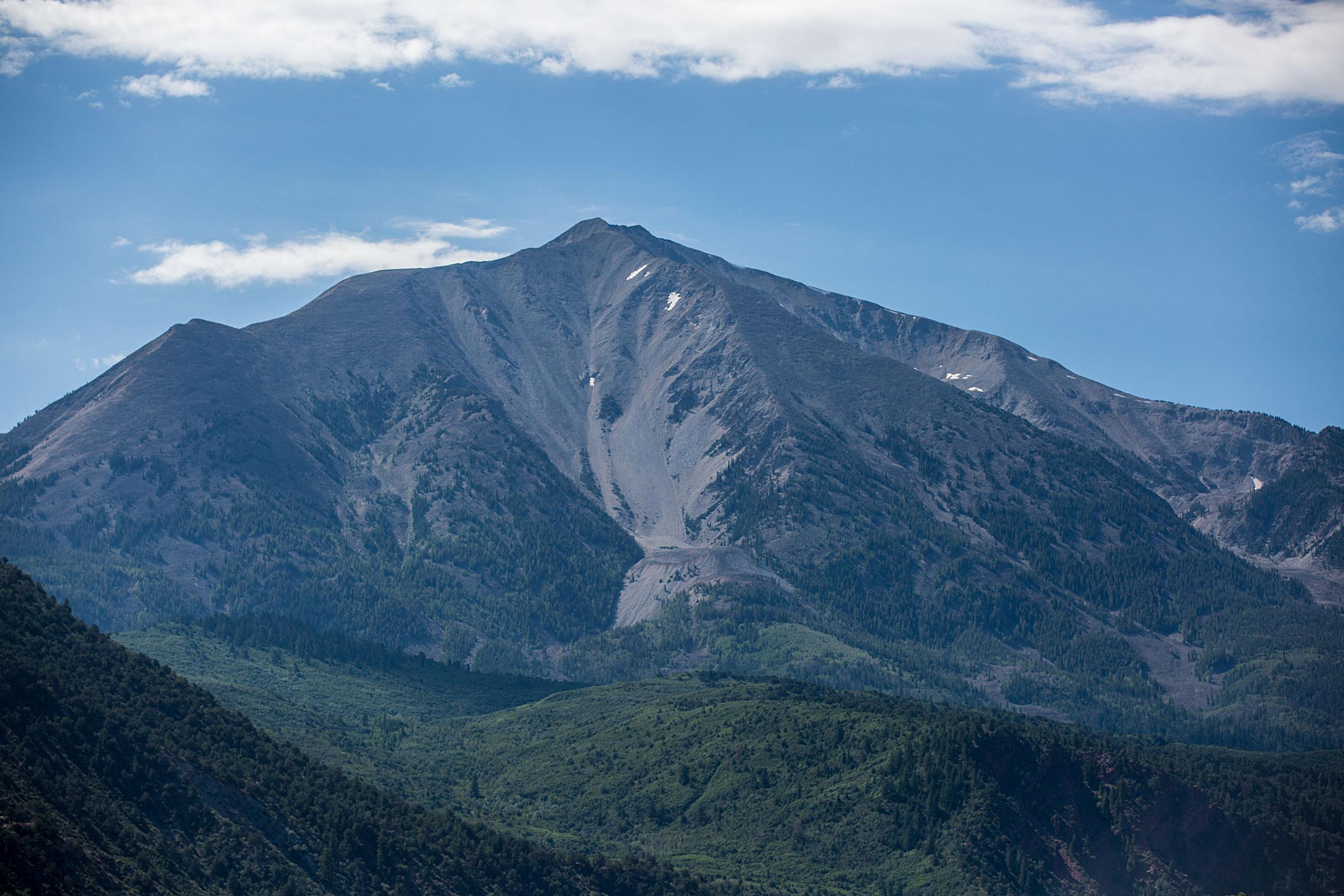
Two Colorado public lands bills previously passed by the U.S. House have hitched their trailers to the national defense budget bill in a bid to improve their chances in the Senate.
The CORE Act, led by Rep. Joe Neguse in the House and Sen. Michael Bennet in the Senate, was approved, 234 to 181. Rep. Diana DeGette’s wilderness bill passed as an amendment to the National Defense Authorization Act, 234 to 179. Both passed largely along party lines.
The CORE Act, which passed the House in October but stalled in the Senate, would protect about 400,000 acres of land across the western half of the state. It was part of an amendment package with the Grand Canyon Centennial Protection Act, which was also previously approved by the chamber.
“Both of these bills are imperative,” Neguse told the chamber. “And this amendment would protect public lands and preserve our access to clean air and water across the state of Colorado and Arizona.”
The bill also designates Camp Hale, where the famed 10th Mountain Division trained, as a National Historic Landscape.
Republicans who opposed the amendment cited the location of uranium deposits in Arizona saying it would harm the national security of the country.
“It would make the United States even more reliant on China for critical and strategic minerals,” said Republican Rep. Scott Tipton. “Our goal should be able to enact policies that support readiness and sustainable and secure supply chains for critical minerals.”
He added that the public lands amendment doesn’t “support and strengthen our national defense.” In many ways, the arguments against the bill are ones he has been making since it was introduced last year, including concerns about how this would impact the High Altitude Aviation Training Site in Eagle County.
Neguse countered Tipton's concerns about the HAATS facility by noting Bennet received a letter from the Defense Department in late 2019 that says the designation should not affect “current or future military overflight in Colorado.”
“These bills have nothing to do with China or Kazakhstan and everything to do with protecting crown jewels here in the United States of America,” he said.
Tipton recently lost his primary election. The Republican candidate to replace him, Lauren Boebert, sent out a press release after the vote slamming the measures as a "land grab" and criticizing their addition to the NDAA in particular.
DeGette’s bill would protect more than 600,000 acres of land across the state as wilderness areas.
She reminded her colleagues opposed to including this type of amendment to a defense bill that public lands bills have been included in the NDAA for years. But ultimately, she said the big deciders are the people.
“You know there is one group of people that's the most important to decide about wilderness and that’s the public,” she said. “Two-thirds of the people on the Western Slope of Colorado want more wilderness. These areas are all wilderness study areas now, let’s keep them for future generations.”
Ultimately whether these amendments will make it to the president’s desk depends on a select group of members of Congress. The Senate and the House will have to reconcile the different defense authorizations eventually voted out of their respective chambers.
Editor's Note: This story has been updated to include reaction from Lauren Boebert.








